France is facing a crisis. It has recently seen widespread resentment among natives against immigrants. They have demanded legislative change. The new immigration bill put forward by the French government in December, endorsed by both President Emmanuel Macron and the right-wing Rassemblement National party, toughened France’s treatment of newcomers.
In the mid-20th century, many African and Middle Eastern immigrants arrived as workers to rebuild France after World War II. First, they were mostly young men who came alone. The French administration intended for them to eventually return to their homelands. Yet they put down roots, and they were eventually able to bring their families to live with them. So, France possesses a large population of Muslim immigrants.
Much of this Muslim community has not fully integrated into French society. In December 2023, French authorities closed a Muslim high school in Lille, citing administrative problems and teachings incompatible with French values. Muslims feel alienated and marginalized by the authorities, and their relationship with police is often fractious. Urban riots in the summer of 2023 brought this issue to the fore. Many immigrants, old and new, also face high levels of poverty.
Related Reading
Immigration has become a hot topic across Europe, with right-wing parties sounding the alarm against newcomers who they say do not share European, liberal or Christian values. France is no exception.
France has tried numerous times to lessen the flow of immigrants. Since the 1980s, it has passed a new immigration law nearly every year. These laws have been typically unhelpful, unsuccessfully attempting to deter immigrants by making the bureaucracy tough and cumbersome. All the same, there has been a steady increase in the amount of immigration into France. In 1982, 7.4% of people in France were immigrants. By 2022, that figure rose to 10.3%, or seven million people, as reported by INSEE. More than a third of those people have acquired French citizenship.
What is Macron’s new law?
On December 19, 2023, the French parliament passed a new immigration law.
In France’s semi-presidential system, the head of state does not necessarily control a majority in parliament. The president has enough authority to govern effectively from day to day, but needs support in parliament to pass new legislation. Currently, Macron lacks that support. His centrist Renaissance party does not control a majority in parliament, so it needs to join with either the Left or the Right to pass new legislation. The new immigration law was a compromise between Renaissance and the right-wing Rassemblement National.
Renaissance added provisions to the law that opened the possibility of work for immigrants in some specific economic sectors. (In doing so, Renaissance resisted the trend among Organization for Economic Co-operation and Development (OECD) countries that has seen tougher work and immigration policies passed in the last few years. France needs immigrants to make up for labor shortages as its population ages.) Rassemblement National, on the other hand, secured the addition of provisions that restricted, for example, family reunification and social benefits for unemployed immigrants.
Macron refered the law to the Constitutional Council. Upon review, the council decided not to strike the law down, but rather to split it by striking down some provisions and not others. Effectively, it scrapped most of the provisions supported by the Right and kept the government’s provisions.
The Constitutional Council made its decision on procedural rather than substantive grounds. This means that there is nothing to prevent the parliament from adopting the same provisions that were struck down in a later law. Immigrants in France thus rest uneasy, not knowing whether their status will be endangered again in the near future.
The French middle class is shrinking and insecure
Why are French voters becoming more diffident about immigration than they had been before? The answer lies in France’s changing social structures.
In France, as in much of the OECD, the economic position of the middle class has become increasingly precarious. Despite its positive effects, globalization has put downward pressure on wages in the Western world. In traditionally high-income, high-expense economies like France, even those who continue to work can now barely make ends meet. As deindustrialization set in, the French economy began to weaken. In 2000, manufacturing represented 19% of the national GDP as compared to 13% in 2022. Business bankruptcies have increased by 35% in France. Generations of families were left unemployed. With jobs and wages now harder to get, middle-class French increasingly see migrants as competitors for scarce resources.
Native French workers are not extending solidarity to immigrants. They do not see immigrants as part of “us,” as fellow members of society to be helped, but rather as interlopers from outside of society who are a drain on its resources. They resent that the government helps them with the taxes that they pay, taxes which, in their minds, are collected to help “real” French people. Solidarity, a core part of France’s democratic values, is dying.
Loss of Western geostrategic importance
The middle class’s precarious economic position is not the only factor that is making Europeans uneasy. More broadly, the continent is feeling the effects of its shrinking geostrategic importance.
Just a century ago, Western European powers were the dominant and almost the sole actors on the world stage. Now, they have lost their ability to direct events occurring outside of their own continent. Occurrences in Africa or Asia which Europe is helpless to control can drive waves of immigration to its shores.
While France and the rest of Europe struggle with immigration policy issues, they face quite a different threat from another direction: an expansionist and nuclear-armed Russia, which has invaded its neighbor Ukraine.
The Russian invasion has caused a lot of uncertainty in Europe. EU leaders have continuously discussed and debated what is required to stand up to Russia or if Russia can even be defeated. The war in Ukraine not only presents a threat to Europe, but a threat to democracy itself.
In recent months, Macron has stated his refusal to rule out sending Western troops to Ukraine. According to Pascal Brice, a former French diplomat, Macron's thought behind this is to show France’s common determination. Russia has to know Europe's common determination to defeat Putin, especially because he is the only one who will use the nuclear threat against anyone who opposes him. Indeed, Macron has long called for a broader European defense system, notoriously remarking that NATO is “brain-dead” back in 2019.
In Brice’s estimation, it is time for Europe to get tough with Russia. Putin has shown himself to be a dictator, and the West cannot expect to have an amicable settlement with someone whose goals are the weakening of European unity and democracy itself. He must be defeated.
Peter Isackson, Fair Observer’s Chief Strategy Officer, disagrees. He believes that Russia and Europe need to develop a common framework in which to discuss their defense needs together, instead of adopting an excessively antagonistic relationship. If they had done so earlier, they could have potentially avoided the current invasion of Ukraine. Yet even now, negotiation is a viable pathway toward ending the war in Ukraine.
Brice calls for an end to the Putin regime. To Isackson, a leader doesn’t define the nation, the nation defines the person running it. He does not think that Russia will be different or better with a different leader. What is necessary is finding a way to live with Russia all the same.
[Mitchelle Lumumba and Liam Roman wrote the first draft of this piece.]
The views expressed in this article/video are the author’s own and do not necessarily reflect Fair Observer’s editorial policy.




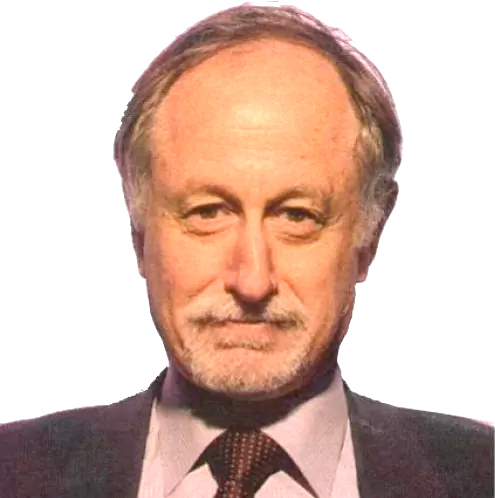
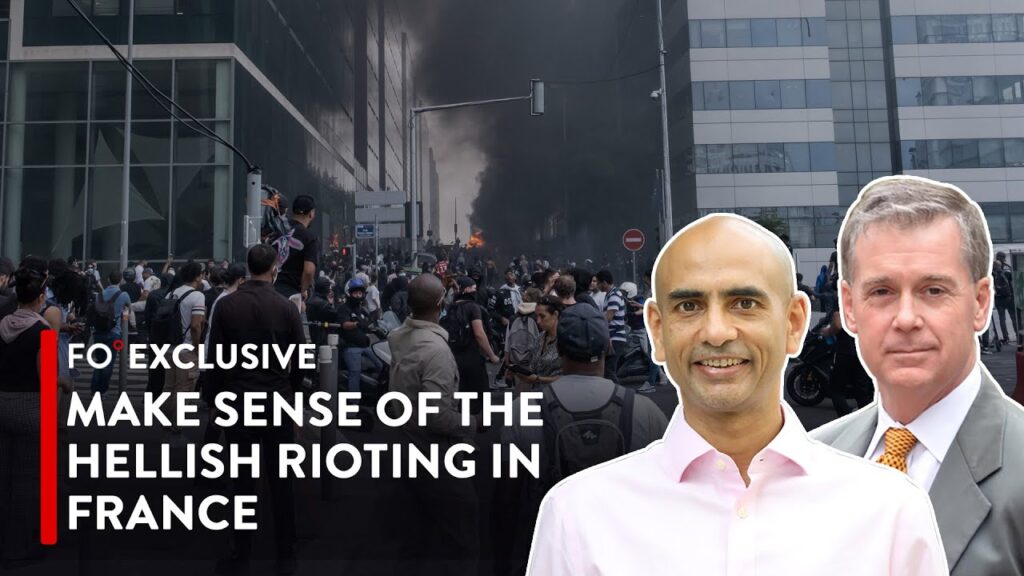

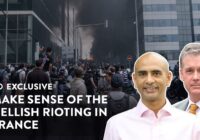



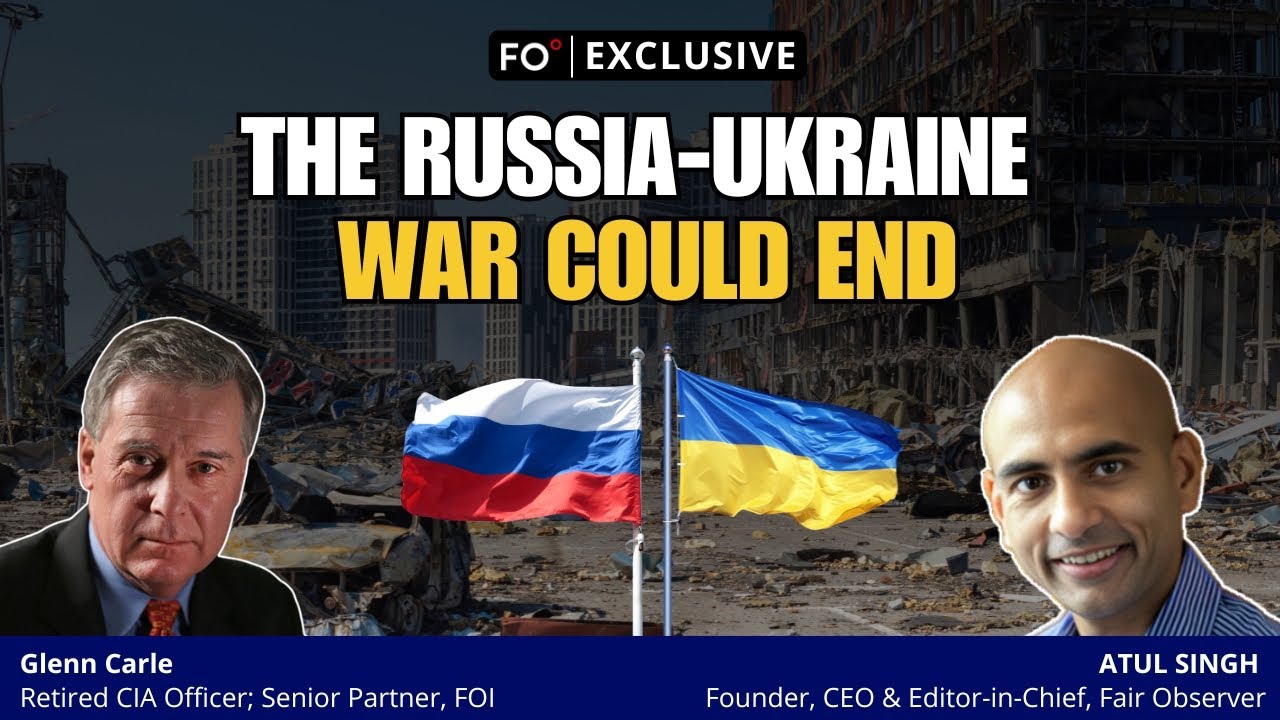
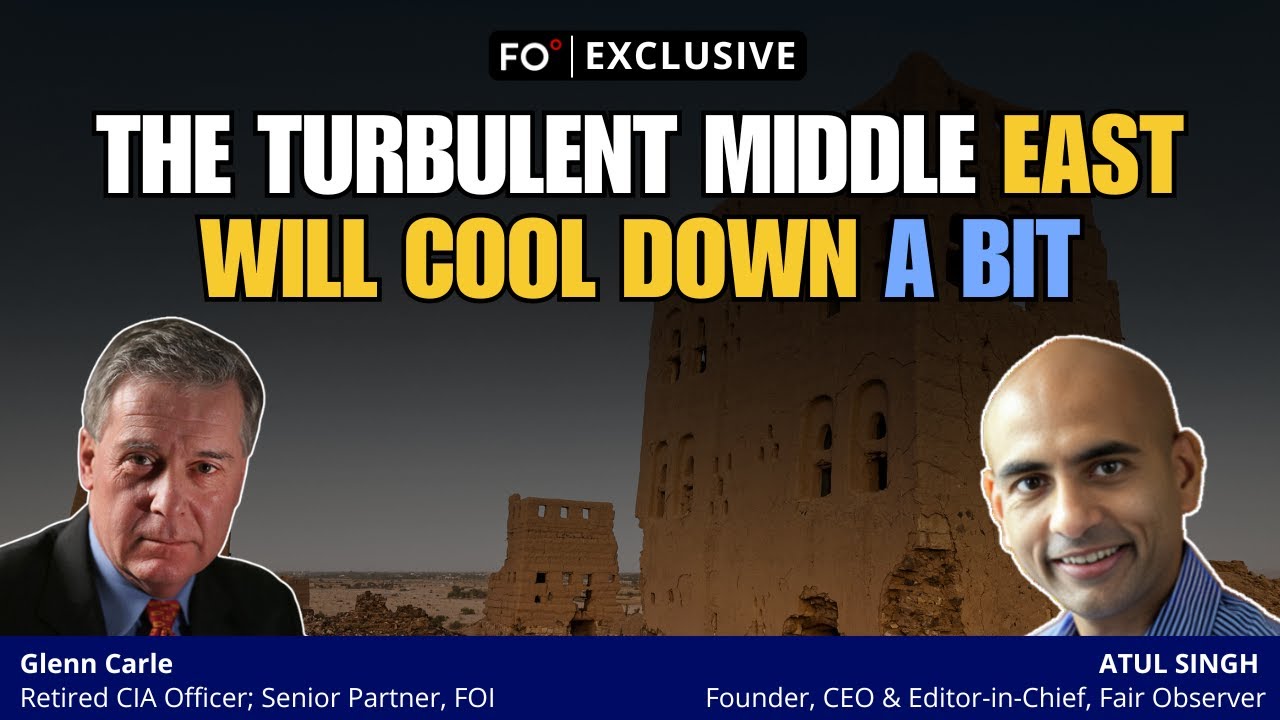






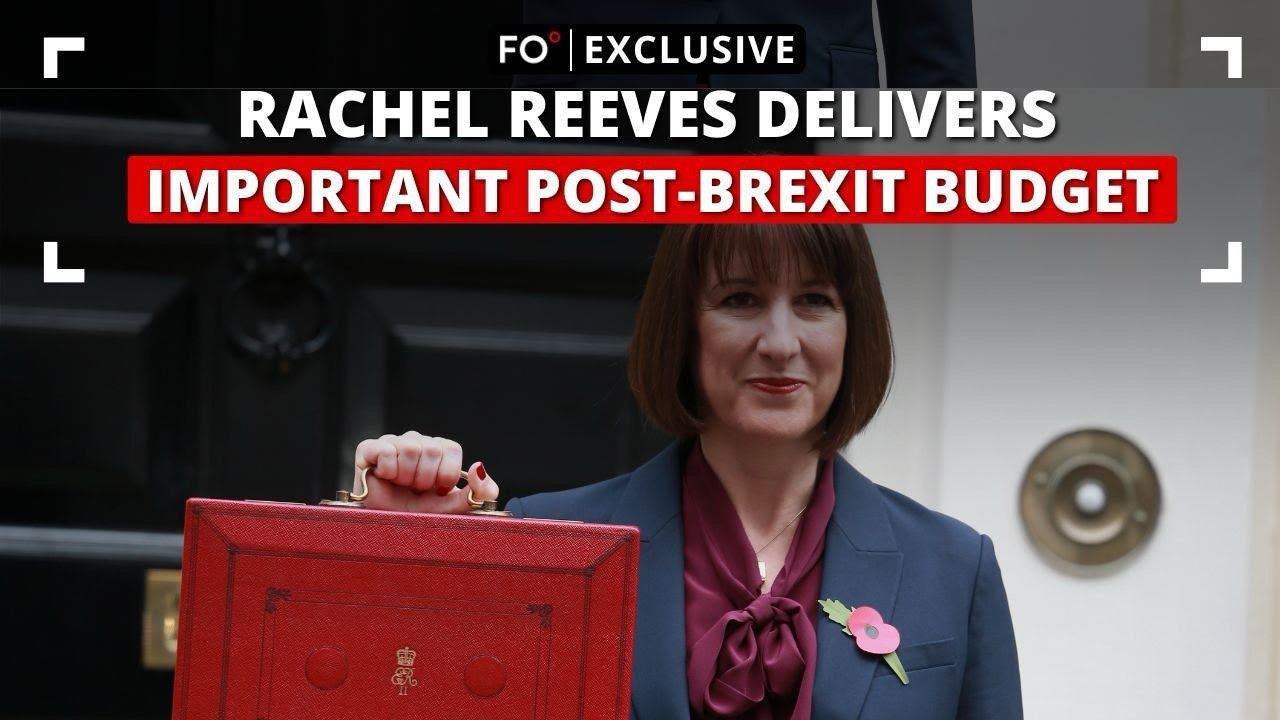

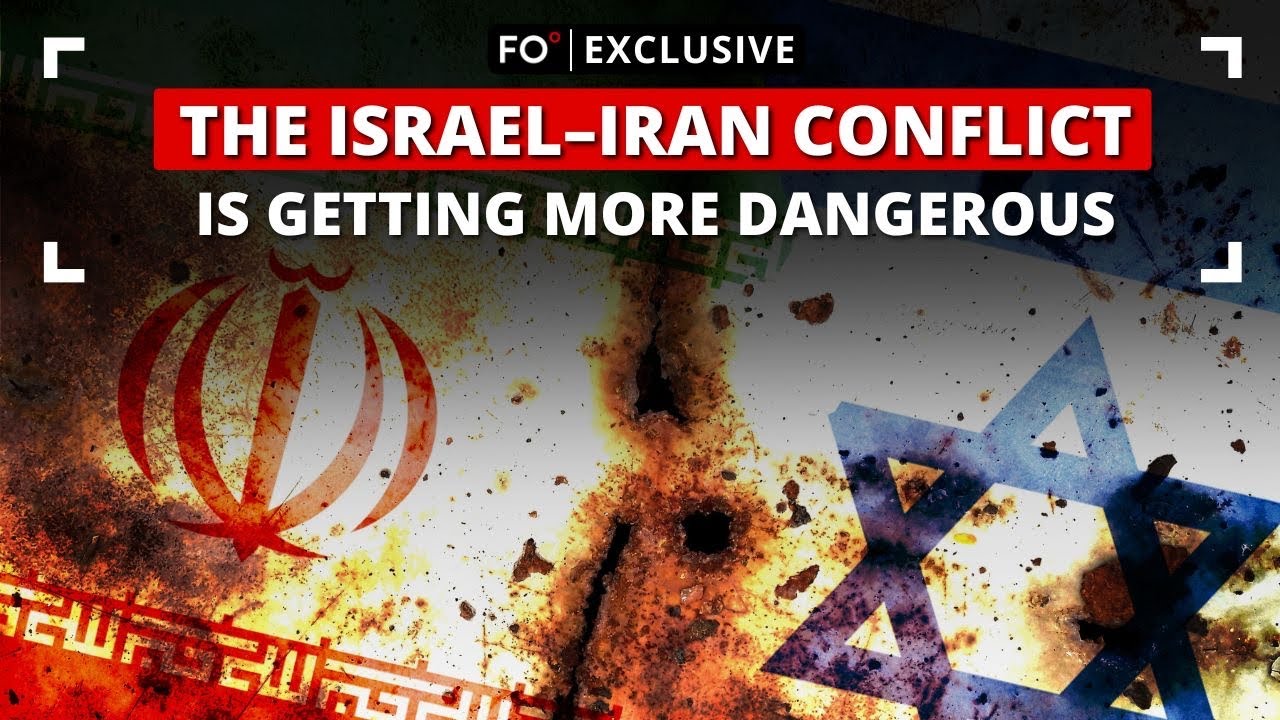








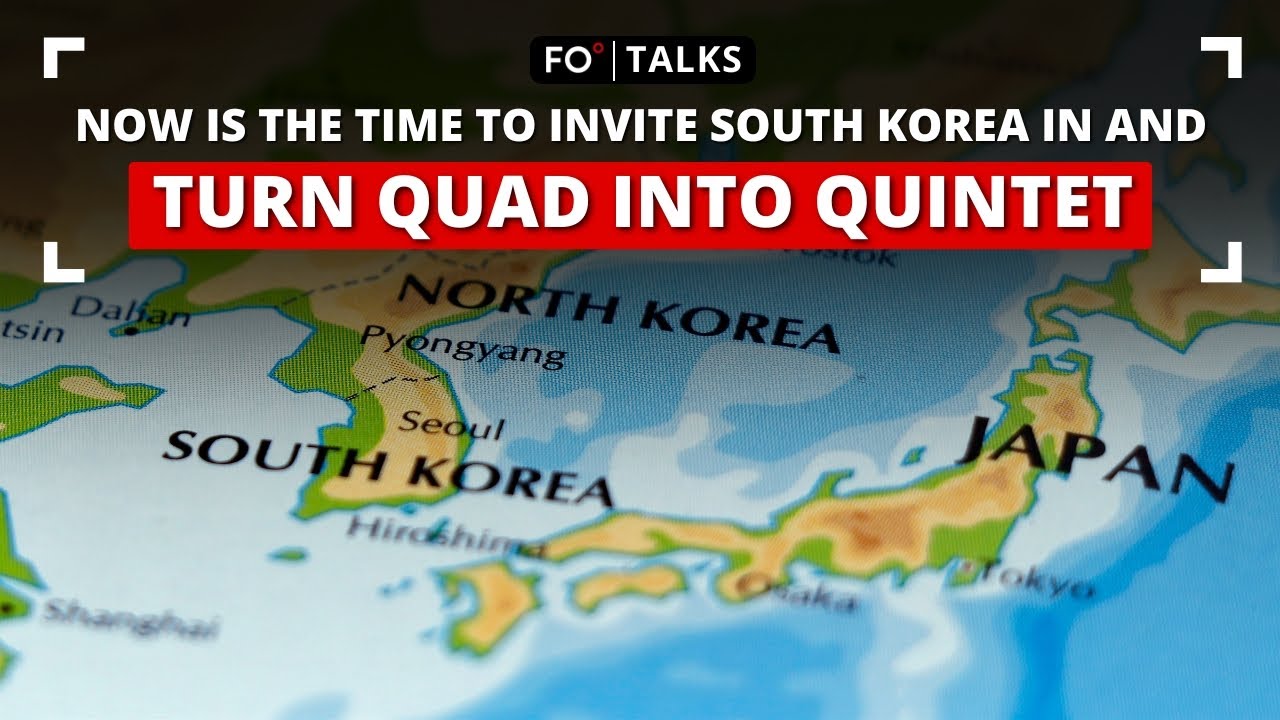





Comment